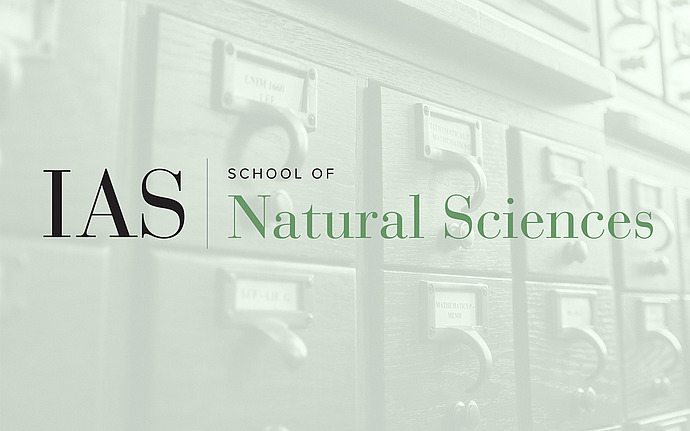
Institute for Advanced Study/Princeton University Joint Astrophysics Colloquium
The Most Common "Peculiar" Supernova
In the last decade, transient surveys have identified several new types of supernovae (SNe). These new events represent astrophysical phenomena that are either less luminous or rarer than the more prevalent classes of SNe Ia, II, Ib, and Ic. I will discuss a relatively new class, Type Iax supernovae (SNe Iax). These events are observationally similar to SNe Ia, but are physically distinct being less luminous and having lower kinetic energy. To date, ~60 clear members of the class have been identified, making them the most common (by number) peculiar class of supernova. After accounting for their luminosity, there are roughly 30 SNe Iax for every 100 SNe Ia in a given volume, also making SNe Iax the most common peculiar SN by rate and more common than SNe Ib. I will describe observations of individual members of the class and those of the entire class, which suggests that SN Iax progenitors are likely a C/O white dwarfs that accrete material from non-degenerate helium star companions. The explosion is likely a sub-sonic deflagration, and at least some of the time the white dwarf does not completely disrupt, leaving a remnant with particular observational signatures. I will also present Hubble Space Telescope observations of three SNe Iax. For one SN, in pre-explosion images, we have detected its progenitor system, which is most consistent with being the predicted C/O WD-He-star system. This is the first detection of a thermonuclear SN progenitor system. For another SN, in images taken 4 years after explosion, we detect a source consistent with being a puffed up remnant star. If true, this would represent a new class of objects, of which there may be a handful in the Milky Way.
Date & Time
March 29, 2016 | 11:00am – 12:00pm
Location
Princeton University, Peyton Hall, Room 145Speakers
Ryan Foley
Affiliation
University of Illinois
Event Series
Categories
Notes
Coffee and refreshments are available from 10:30 am in Peyton Hall Grand Central.